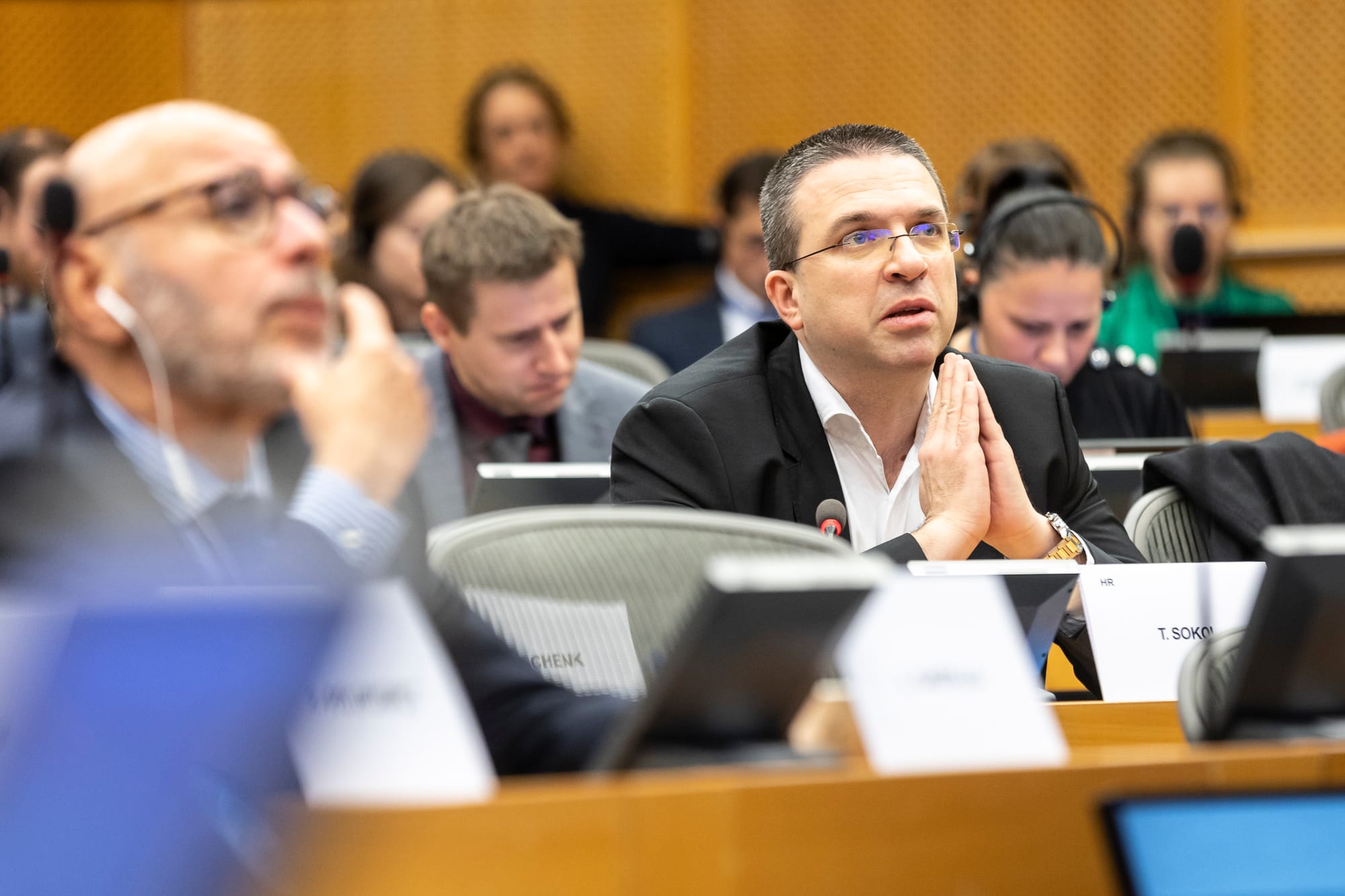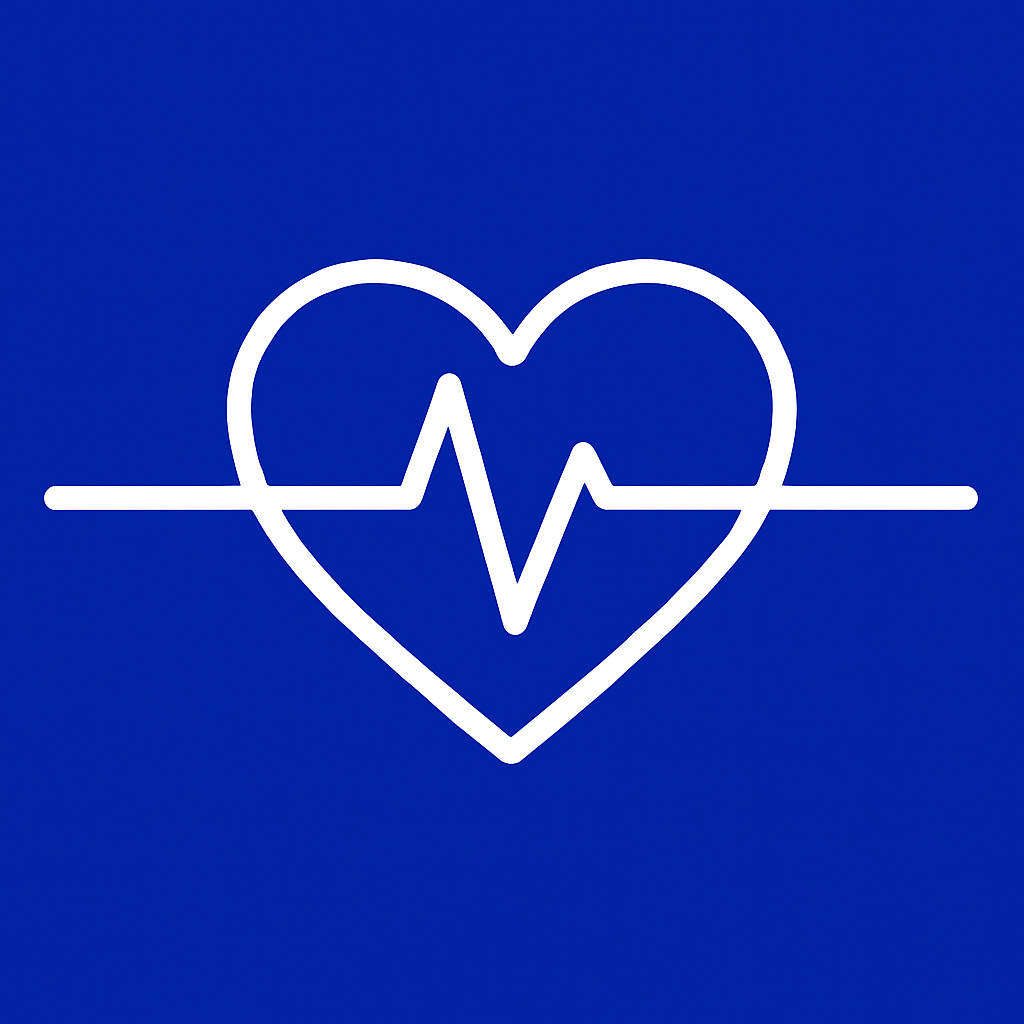MEPs rally behind Sokol’s report on Critical Medicines

Yesterday afternoon (01/09), the European Parliament’s Health Committee (SANT) discussed MEP Tomislav Sokol’s (EPP, Croatia) report on the Critical Medicines Act.
MEPs were supportive of strengthening the proposal to tackle the availability of medicines, addressing the problem of shortages, and making the EU less dependent on external suppliers.
The most significant change from the Commission’s proposal concerns stockpiling medicines.
“Today, we don’t even know how many medicines are stored in company reserves or national stockpiles across the EU,” Sokol said. “This lack of transparency undermines solidarity and preparedness.”
Sokol wants the current voluntary EU coordination mechanism system to become mandatory with digital reporting and redistribution rules, so medicines can be shifted in real time from where they are unused to where they are urgently needed.
“In a crisis, especially in smaller markets, the EU would be able to mandate—not just request—that medicines move from country A to country B,” he said. “Today, this mechanism is voluntary. We want to raise it to a different level.” Sokol acknowledged that this element is likely to face resistance from larger EU states.
Strategic autonomy: Sokol warned that recent global trade tensions and shifts in geopolitical relations, particularly between the EU and the United States, highlighted the need for Europe to develop its strategic autonomy, arguing that relying too heavily on others— “even close allies” —can leave Europe vulnerable.
EU-wide access: Apart from reducing reliance on imports, Sokol said he wanted to ensure equal access to medicines across the EU, so that Europe did not have first- and second-class patients.
New medicines: The rapporteur stated that his amendments would “extend the scope to investigational medicinal products,” enabling the joint procurement of new treatments. He stated that “orphan medicines and novel antimicrobials” should be considered as products of common interest.
Critical list: Sokol wants the European Commission to track essential risks of supply. “We need a list of products from [countries outside the EU where there are currently] no EU substitutes.” In response to a written question, the Commission admitted it keeps no such record: “That is inexcusable,” he said.
Strategic projects: “If you want to benefit from the status of a strategic project, you have to invest in Europe and you have to contribute to the security of supply in Europe,” said the MEP.
Tiemo Wölken (S&D, Germany) agreed that a common European framework was needed to avoid duplication. Peter Liese (EPP, Germany) acknowledged the potential additional costs, but said that patients should be put before cost.
2030: Vlad Vasile-Voiculescu (Renew, Romania) welcomed the objective of achieving universal access to essential medicines by 2030, in line with Sustainable Development Goal 3.8.
In response to complaints from the SANT committee that the usual impact assessment didn’t accompany the proposal, a Commission official, Bruno Gautrais, said that a staff working document should be published this week.
Gautrais sounded a note of caution about what could be expected from the document, saying that despite work done by the Critical Medicines Alliance, which included a dedicated study by HERA and DG SANTE, it was difficult to quantify the impact.
Even the far-right seems to be more pro-European in this instance, MEP Gerald Hauser (PfE, Austria) said that the Act would remain only as a promise on paper if it is not backed by sufficient and well-targeted financial support, saying that resources must match ambition: “If we want resilience, we cannot hope to achieve it on a limited or symbolic budget.”
The deadline for groups to table amendments has been extended from 15th to the 19th September.
Budget 2026: The committee also approved amendments to the EU Budget for 2026, agreed that the S&D group would lead a report on the Cardiovascular Strategy, and that the Renew group would lead the implementation report on the Beating Cancer Action Plan.
Former US CDC chiefs lambast RFK Jr
Former directors and acting directors of the Centers for Disease Control and Prevention co-authored an op-ed in the New York Times entitled: ‘We Ran the C.D.C.: Kennedy Is Endangering Every American’s Health’.
The op-ed criticizes the Health Secretary’s cuts to federal staff and programmes, his support for unproven treatments while questioning vaccines during the measles outbreak, the appointment of unqualified individuals to advisory committees, his championing of legislation that will remove healthcare coverage for millions and his firing of CDC Director Dr. Monarez because she refused to “rubber-stamp his dangerous and unfounded vaccine recommendations or heed his demand to fire senior C.D.C. staff members.”
